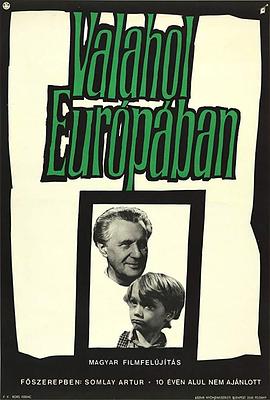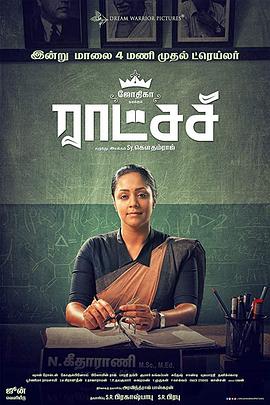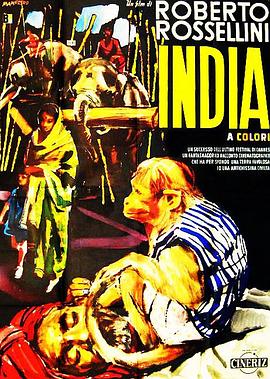Somewhere in the remote region, the war ends. In the midst of ruined cities and houses in the streets, in rural hamlets, everywhere where people still live, are children who have lost their homes and parents. Abandoned, hungry, and in rags, defenseless and humiliated, they wander through the world. Hunger drives them. Little streams of orphans merge into a river which rushes forward and submerges everything in its path. The children do not know any feeling; they know only the world of their enemies. They fight, steal, struggle for a mouthful of food, and violence is merely a means to get it. A gang led by Cahoun finds a refuge in an abandoned castle and encounters an old composer who has voluntarily retired into solitude from a world of hatred, treason, and crime. How can they find a common ground, how can they become mutual friends The castle becomes their hiding place but possibly it will also be their first home which they may organize and must defend. But even for this, the price will be very high. To this simple story, the journalist, writer, poet, scriptwriter, movie director, and film theoretician Béla Balázs applied many years of experience. He and the director Géza Radványi created a work which opened a new postwar chapter in Hungarian film. Surprisingly, this film has not lost any of its impact over the years, especially on a profound philosophical level. That is to say, it is not merely a movie about war; it is not important in what location and in what period of time it takes place. It is a story outside of time about the joyless fate of children who pay dearly for the cruel war games of adults. At the time it was premiered, the movie was enthusiastically received by the critics. The main roles were taken by streetwise boys of a children's group who created their roles improvisationally in close contact with a few professional actors, and in the children's acting their own fresh experience of war's turmoil appears to be reflected. At the same time, their performance fits admirably into the mosaic of a very complex movie language. Balázs's influence revealed itself, above all, in the introductory sequences an air raid on an amusement park, seen in a montage of dramatic situations evoking the last spasms of war, where, undoubtedly, we discern the influence of classical Soviet cinematography. Shooting, the boy's escape, the locomotive's wheels, the shadows of soldiers with submachine guns, the sound of a whistle—the images are linked together in abrupt sequences in which varying shots and expressive sharp sounds are emphasized. A perfectly planned screenplay avoided all elements of sentimentality, time-worn stereotypes of wronged children, romanticism and cheap simplification. The authors succeeded in bridging the perilous dramatic abyss of the metamorphosis of a children's community. Their telling of the story (the scene of pillaging, the assault on the castle, etc) independently introduced some neorealist elements which, at that time, were being propagated in Italy by De Sica, Rossellini, and other film artists. The rebukes of contemporary critics, who called attention to formalism for its own sake have been forgotten. The masterly art of cameraman Barnabás Hegyi gives vitality to the poetic images. His angle shots of the children, his composition of scenes in the castle interior, are a living document of the times, and underline the atmosphere and the characters of the protagonists. The success of the picture was also enhanced by the musical art of composer Dénes Buday who, in tense situations, inserted the theme of the Marseilaise into the movie's structure, as a motive of community unification, as an expression of friendship and the possibility of understanding. Valahol Europaban is the first significant postwar Hungarian film. It originated in a relaxed atmosphere, replete with joy and euphoria, and it includes these elements in order to demonstrate the strength of humanism, tolerance, and friendship. It represents a general condemnation of war anywhere in the world, in any form.
关联推荐
猜你喜欢
 HD关智斌 李曼筠 徐汶萱 张钧涵 及莉 姜梦茹 刘静怡 苏悦华 乌雅心颜 正是军阀混战时期,飞烟(李曼筠 饰)、江桓(关智斌 饰)、陈少锦(张钧涵 饰)、含玉(及莉 饰)、野妹(徐汶萱 饰)等五个青年男女辗转来到荒凉破败、阴森寥落的巫镇。城中死气沉沉,全无半点生机。这一行人
HD关智斌 李曼筠 徐汶萱 张钧涵 及莉 姜梦茹 刘静怡 苏悦华 乌雅心颜 正是军阀混战时期,飞烟(李曼筠 饰)、江桓(关智斌 饰)、陈少锦(张钧涵 饰)、含玉(及莉 饰)、野妹(徐汶萱 饰)等五个青年男女辗转来到荒凉破败、阴森寥落的巫镇。城中死气沉沉,全无半点生机。这一行人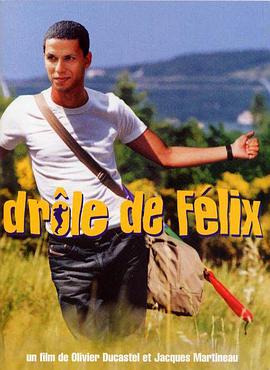 HD塞米·鲍亚吉拉 菲利斯和他的男朋友住在一起,虽然幸福美满,但菲利斯知道,有一件事他一定要去完成:去马赛寻找从未谋面的父亲。他决定辞去工作,暂别男友,一个人展开寻父之旅。但是,菲利斯给自己的挑战还不仅止于此,他是爱滋病
HD塞米·鲍亚吉拉 菲利斯和他的男朋友住在一起,虽然幸福美满,但菲利斯知道,有一件事他一定要去完成:去马赛寻找从未谋面的父亲。他决定辞去工作,暂别男友,一个人展开寻父之旅。但是,菲利斯给自己的挑战还不仅止于此,他是爱滋病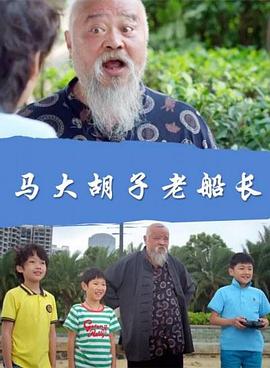 9.0HD李琦 李勤勤 李伟建 王俊杰 造船厂老工人马大胡子,退休后来到市少年宫传达室工作,因他穿了一件儿子的旧式大副制服,被赵致远等三个小船模迷误认为是退休老船长,三个没能入的孩子缠住马大胡子,成立梦之队,克服了重重困难,最终打入了全能赛
9.0HD李琦 李勤勤 李伟建 王俊杰 造船厂老工人马大胡子,退休后来到市少年宫传达室工作,因他穿了一件儿子的旧式大副制服,被赵致远等三个小船模迷误认为是退休老船长,三个没能入的孩子缠住马大胡子,成立梦之队,克服了重重困难,最终打入了全能赛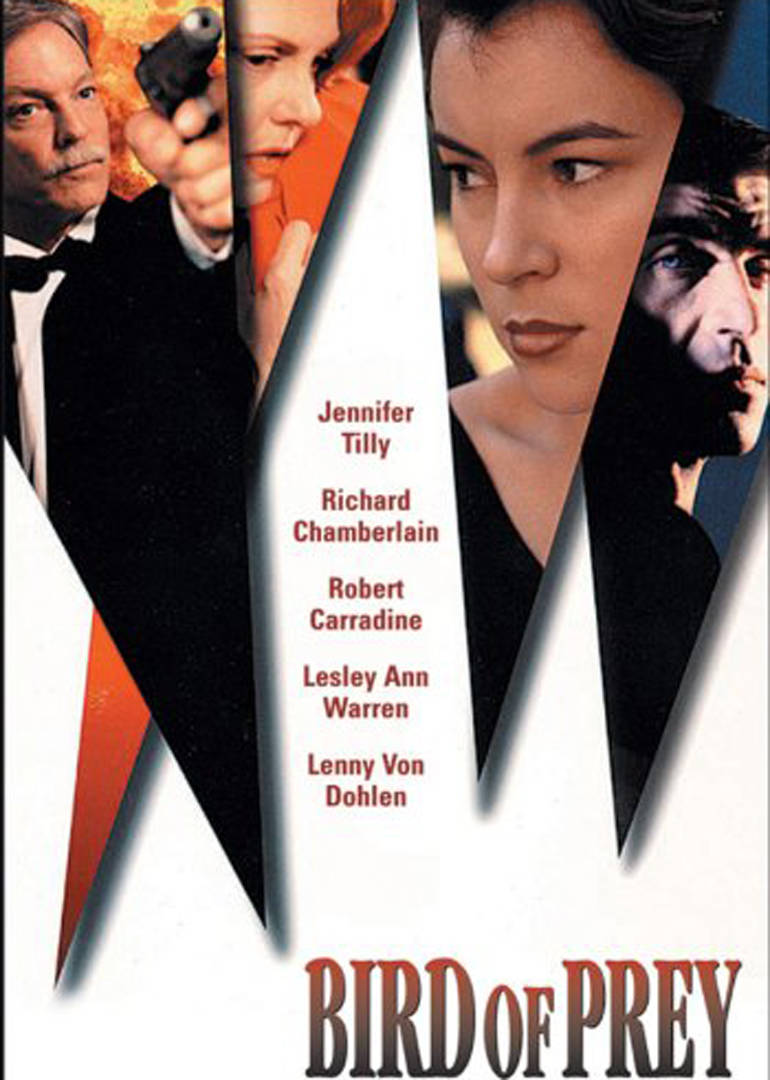 高清Jennifer Tilly Richard Chamberlain 男孩Dominik看到一个美国犯罪的老板谋杀了他的父亲,一名警察反腐败在保加利亚。多年后,他试图为父亲的死报仇,但因谋杀未遂被判入狱15年。在监狱里,他遇到了一位美国摄影记者,他与敌人分享他的复仇思想。两人从监狱里计划了一个阴谋。
高清Jennifer Tilly Richard Chamberlain 男孩Dominik看到一个美国犯罪的老板谋杀了他的父亲,一名警察反腐败在保加利亚。多年后,他试图为父亲的死报仇,但因谋杀未遂被判入狱15年。在监狱里,他遇到了一位美国摄影记者,他与敌人分享他的复仇思想。两人从监狱里计划了一个阴谋。 HD中字卢宇静 余浩瑞 于磊 崔璨 阳蕾 罗彬 唐秦 李彦 李彩瑞 张皓然 清醒后的三火去找馆主理论,发现她有很多事瞒着自己。三火则打算带着江流儿等人离开天都城,却发现醉酒的老沙被白骨姬绑走,筹码则是与众人交换江流儿。颲与三火设圈套为抓获白骨姬,上演苦肉计大打出手。为套出
HD中字卢宇静 余浩瑞 于磊 崔璨 阳蕾 罗彬 唐秦 李彦 李彩瑞 张皓然 清醒后的三火去找馆主理论,发现她有很多事瞒着自己。三火则打算带着江流儿等人离开天都城,却发现醉酒的老沙被白骨姬绑走,筹码则是与众人交换江流儿。颲与三火设圈套为抓获白骨姬,上演苦肉计大打出手。为套出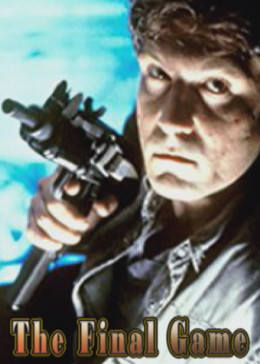 HD中字体育场内聚集着七万多名狂热的球迷,半小时后比赛结束时,他们将发现出口全部都被紧锁,因为他们现在还不知道,一伙全副武装的匪徒抢劫了保险箱后逃走时被警察堵在体育场下面,于是他们把出口全部锁上,并声言要引爆
HD中字体育场内聚集着七万多名狂热的球迷,半小时后比赛结束时,他们将发现出口全部都被紧锁,因为他们现在还不知道,一伙全副武装的匪徒抢劫了保险箱后逃走时被警察堵在体育场下面,于是他们把出口全部锁上,并声言要引爆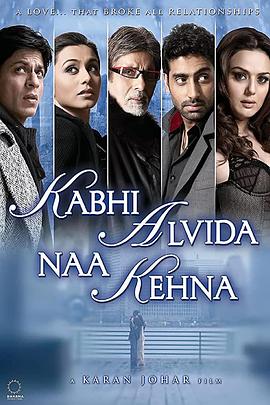 7.0HD阿米达普·巴强 沙鲁克·汗 阿布舍克·巴强 拉妮·玛克赫吉 普丽缇·泽塔 凯伦·凯尔 阿俊·拉姆鲍 本片主要讲述了戴夫和玛雅之间朦胧的浪漫爱情故事。 戴夫和玛雅都已经分别各自嫁娶,并相信他们自己都过着幸福的生活。但是,两个主人公却都觉得生活中应该追求一些更为深刻、更为有意义的东西。 最初
7.0HD阿米达普·巴强 沙鲁克·汗 阿布舍克·巴强 拉妮·玛克赫吉 普丽缇·泽塔 凯伦·凯尔 阿俊·拉姆鲍 本片主要讲述了戴夫和玛雅之间朦胧的浪漫爱情故事。 戴夫和玛雅都已经分别各自嫁娶,并相信他们自己都过着幸福的生活。但是,两个主人公却都觉得生活中应该追求一些更为深刻、更为有意义的东西。 最初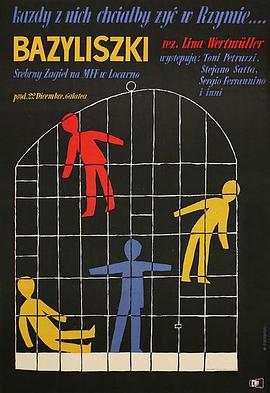 HDAntonio Petruzzi 斯特凡诺·萨塔·弗洛雷斯 Sergio Ferranino Luigi Barbieri 弗洛拉·卡拉贝拉 Mimma Quirico Enzo Di Vecchia Rosetta Palumbo Rosanna Santoro Manlio Blois Marisa Omodei 这是一部新现实主义题材的意大利电影。 本片讲述了弗朗西斯科、塞尔吉奥和安东尼奥三个年轻人平安无事的生活,他们生活在一个贫穷的小村庄里。因为这三个人都失业了,他们在街上闲逛,追逐女孩。有一天,安东
HDAntonio Petruzzi 斯特凡诺·萨塔·弗洛雷斯 Sergio Ferranino Luigi Barbieri 弗洛拉·卡拉贝拉 Mimma Quirico Enzo Di Vecchia Rosetta Palumbo Rosanna Santoro Manlio Blois Marisa Omodei 这是一部新现实主义题材的意大利电影。 本片讲述了弗朗西斯科、塞尔吉奥和安东尼奥三个年轻人平安无事的生活,他们生活在一个贫穷的小村庄里。因为这三个人都失业了,他们在街上闲逛,追逐女孩。有一天,安东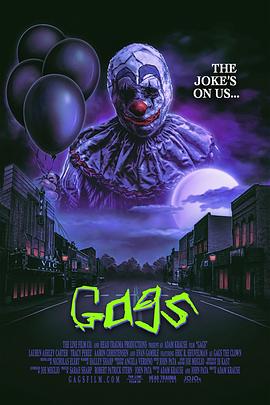 HD劳伦·阿什利·卡特 Wyatt Kuether Michael Gideon Sherry It's been eight days since the clown first showed up in Green Bay, WI. Now, over the course of o
HD劳伦·阿什利·卡特 Wyatt Kuether Michael Gideon Sherry It's been eight days since the clown first showed up in Green Bay, WI. Now, over the course of o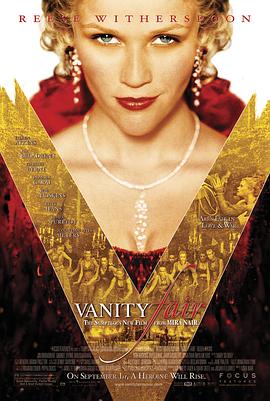 6.0HD瑞茜·威瑟斯彭 乔纳森·莱斯·梅耶斯 加布里埃尔·伯恩 安吉拉珂·曼蒂 罗格·洛伊德-派克 鲁斯·西恩 凯特·弗利特伍德 莉蕾特·杜贝 萝玛拉·嘉瑞 托尼·毛德斯雷 黛博拉·芬德莱 约翰·福兰克林·罗宾斯 保罗·巴泽利 瑞斯·伊凡斯 查理·比尔 大卫·斯特恩 鲍勃·霍斯金斯 道格拉斯·霍奇斯 梅格·韦恩·欧文 ?蒂姆·普雷斯? 杰拉尔丁·麦克伊万 娜塔莎·里特 艾琳·阿特金斯 詹姆斯·鲍弗 Helen Coker Tim Seely 吉姆·布劳德本特 苏菲·亨特 肖恩·麦肯齐 凯瑟伦·德莱斯黛尔 约翰·伍 故事发生在十九世纪的英国,贝姬(瑞茜·威瑟斯彭 Reese Witherspoon 饰)出生于贫寒家庭,但是,野心勃勃的她做梦都想要能够跻身上流社会,为此,贝姬来到了爵士彼得考利(鲍勃·霍斯金斯 Bo
6.0HD瑞茜·威瑟斯彭 乔纳森·莱斯·梅耶斯 加布里埃尔·伯恩 安吉拉珂·曼蒂 罗格·洛伊德-派克 鲁斯·西恩 凯特·弗利特伍德 莉蕾特·杜贝 萝玛拉·嘉瑞 托尼·毛德斯雷 黛博拉·芬德莱 约翰·福兰克林·罗宾斯 保罗·巴泽利 瑞斯·伊凡斯 查理·比尔 大卫·斯特恩 鲍勃·霍斯金斯 道格拉斯·霍奇斯 梅格·韦恩·欧文 ?蒂姆·普雷斯? 杰拉尔丁·麦克伊万 娜塔莎·里特 艾琳·阿特金斯 詹姆斯·鲍弗 Helen Coker Tim Seely 吉姆·布劳德本特 苏菲·亨特 肖恩·麦肯齐 凯瑟伦·德莱斯黛尔 约翰·伍 故事发生在十九世纪的英国,贝姬(瑞茜·威瑟斯彭 Reese Witherspoon 饰)出生于贫寒家庭,但是,野心勃勃的她做梦都想要能够跻身上流社会,为此,贝姬来到了爵士彼得考利(鲍勃·霍斯金斯 Bo








